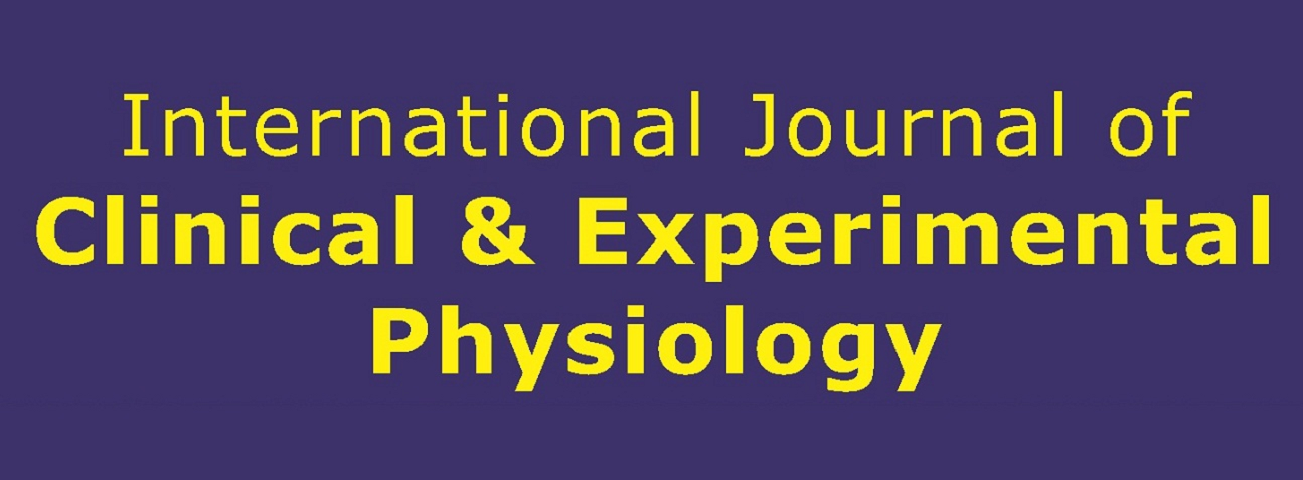News and Views
Abstract
Sleep disturbances occur very often during pregnancy. These disturbances are due to physiologic, hormonal and physical changes associated with pregnancy.[1] Sleep disturbances in pregnancy may be a risk factor for hypertension, which can lead to maternal and fetal complications.[2] Javaheri, et al. found that poor quality of sleep, defined as sleep efficiency ≤ 85% or short duration of sleep (≤ 6.5 h), was associated with elevated blood pressure in adolescents.[3] Similar to non-pregnant women, sleep disturbances can lead to increased blood pressure in pregnant women. Suzuki, et al. found that among 192 pregnant women, 88% of them had sleep disturbances compared with their usual experience. The changes that reported are insomnia, parasomnias, restless leg syndrome, snoring and sleep apnea. The most frequent self-reported causes of sleep disturbance during pregnancy were urinary frequency, back or hip ache and heartburn.[4] Okun and Coussons-Read reported that pregnant women had an increased number of naps, awakenings during night time and poor sleep quality than non-pregnant women.[5] Hypertensive disorders in pregnancy could cause maternal morbidity later in life and it predisposes to cardiovascular disease in future.[6] Read more...






